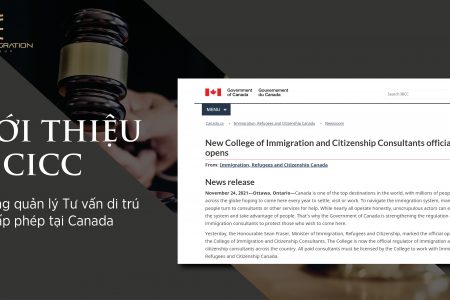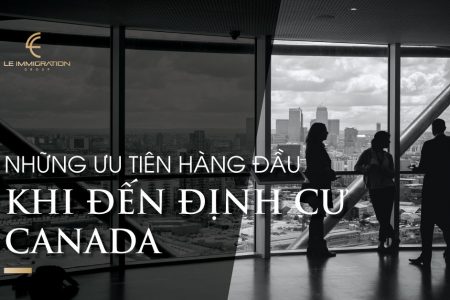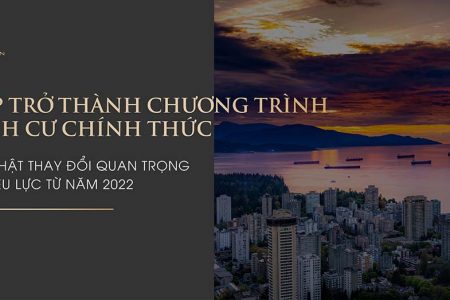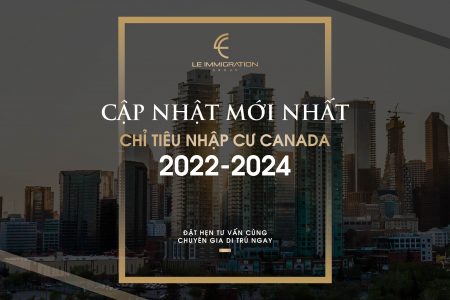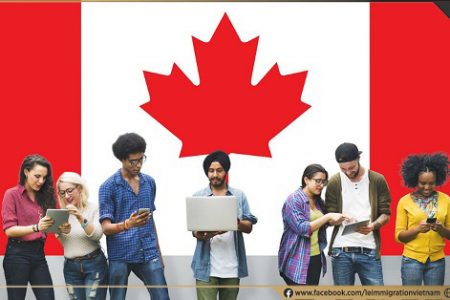Prime Minister Justin Trudeau on October 26 announced the new cabinet members. And Sean Fraser is the country’s new Immigration, Refugees and Citizenship Minister.
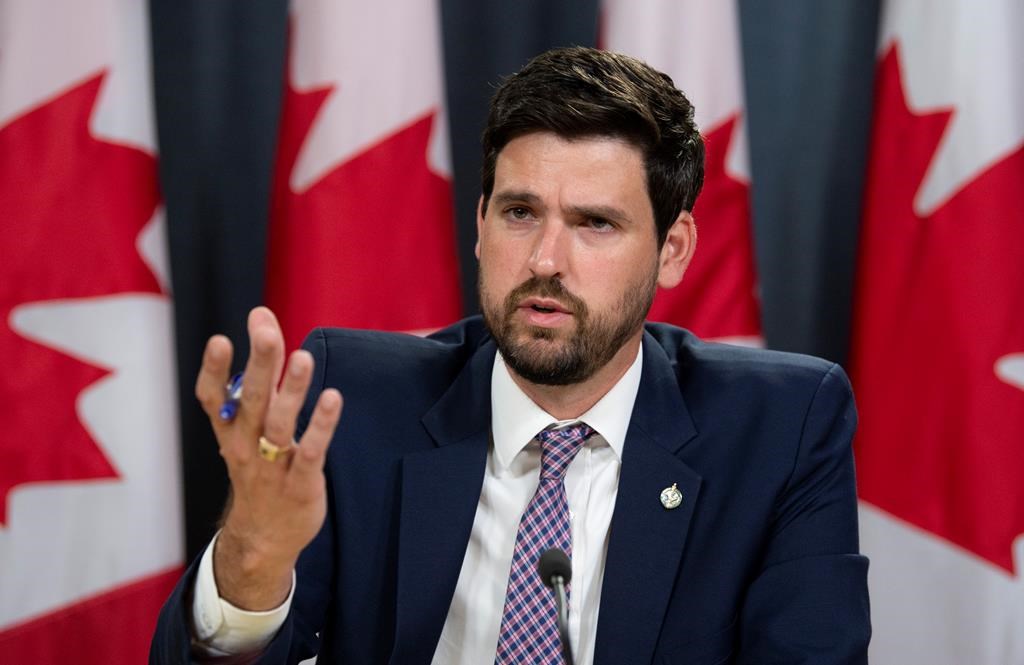
Sean Fraser is the country’s new Minister of Immigration, Refugees and Citizenship
Sean Fraser is a 37-year-old former lawyer from Nova Scotia who was first elected an MP in 2015, re-elected in 2019 and 2021. Fraser replaces Marco Mendicino, who is now the Canadian Minister of Public Safety.
With a new cabinet seen as a major reshuffle, Trudeau’s Liberal Party is committed to leading the country out of the coronavirus pandemic. The Liberal Party has been in power since winning the federal election in 2015 and is firmly in power after the 2021 election. The party has continued to pursue increasing immigration to the country, a move started since the late 1980s by the Conservative Party of Canada.
Soon after coming to power in 2015, the Liberals announced to welcome at least 300,000 immigrants a year, up from the 250,000 compared to the number welcomed by the Conservatives annually over the last decade. Then, in October 2020, the Liberals set the highest immigration level in Canadian history at 400,000 people a year. This goal helps accelerate Canada’s post-pandemic economic recovery.
Over the next three years, Canada is expected to attract new permanent residents as follows:
- 2021: 401,000 immigrants
- 2022: 411,000 immigrants
- 2023: 420,000 immigrants
Immigration policy under the new Minister – what can we expect?
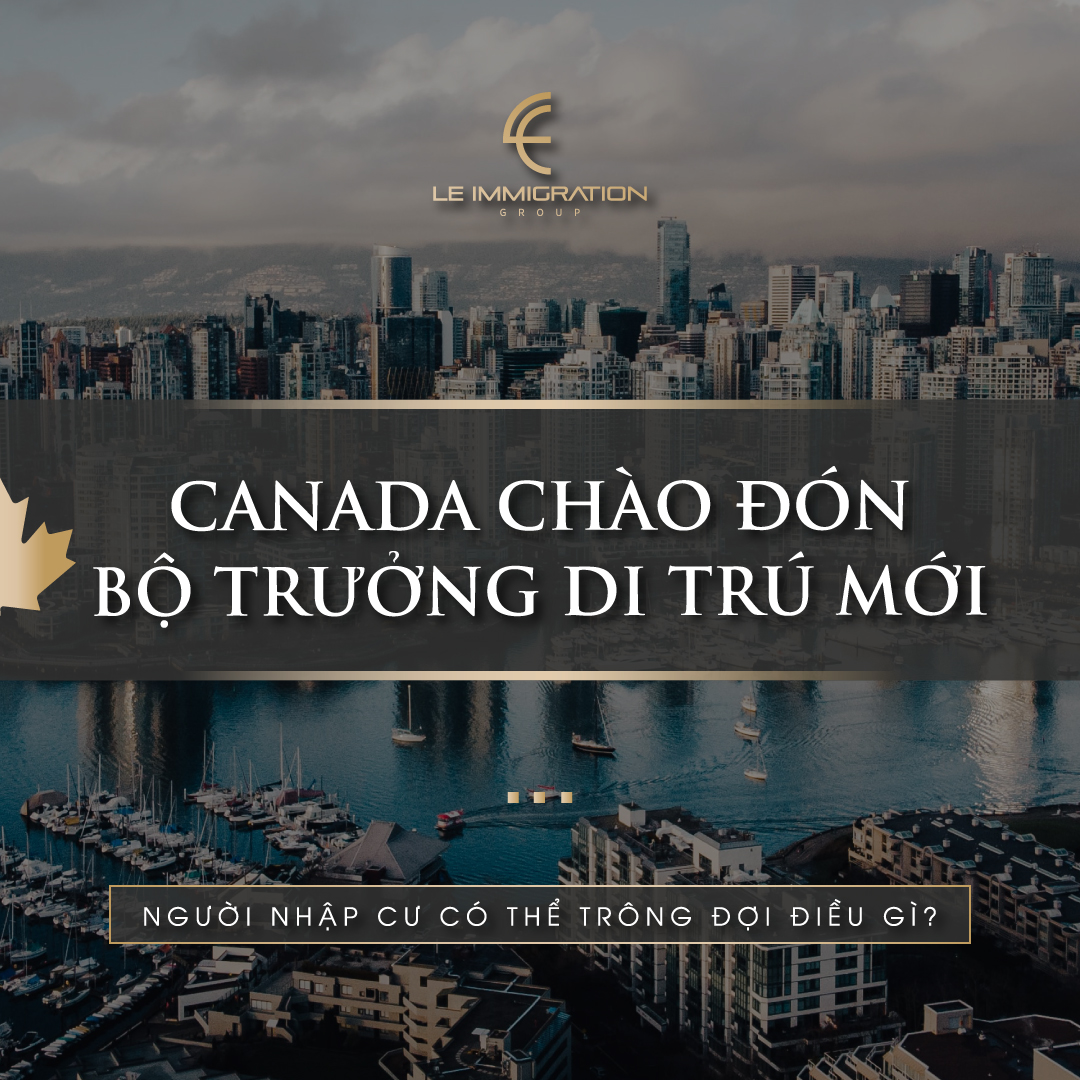
For the short-term, Immigration, Refugees and Citizenship Canada (IRCC) is committed to continuing to pursue its top priorities. In a meeting with representatives of lawyers and Canadian immigration consultants on October 21, IRCC stated three current priorities:
- Achieving the goal of 401,000 new permanent residents for 2021
- Promote family reunification settlement
- Resettlement of Afghan refugees
IRCC and the provinces and territories are committed to continuing to invite candidates to immigrate through Express Entry, Provincial Nominee (PNP), and the Quebec programs. The application process for these programs will still be accelerated.
In addition, the Liberal party has made a lot of promises about immigration in the 2021 election, such as eliminating the citizenship fee. The Party also wants to reduce application processing times as well as to reform the Express Entry program, including launching more immigration programs for foreign workers and international students.
Following its tradition, the Immigration Levels Plan will be released in March 2022. The plan is expected to be fairly stable for the coming years from 2022 to 2024. There will not be many surprises because the Canadian government will likely continue to pursue its goal of reaching at least 400,000 immigrants per year.
Although there are many immigration priorities, it will certainly be less challenging than during the outbreak of the pandemic in 2020. In addition to the above commitment to attract immigrants, the new Minister stated the need to address other immigration issues including speeding up the pandemic backlog, reforming the Family Reunification and Provincial nomination programs.
Source: General/CIC News


